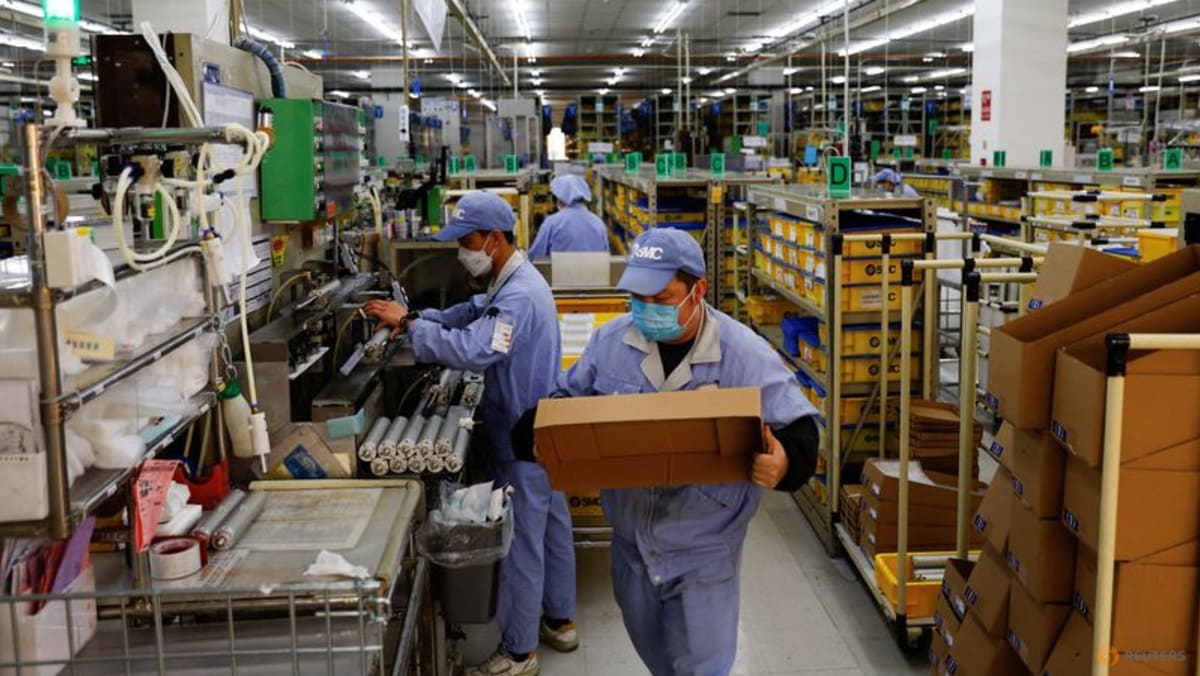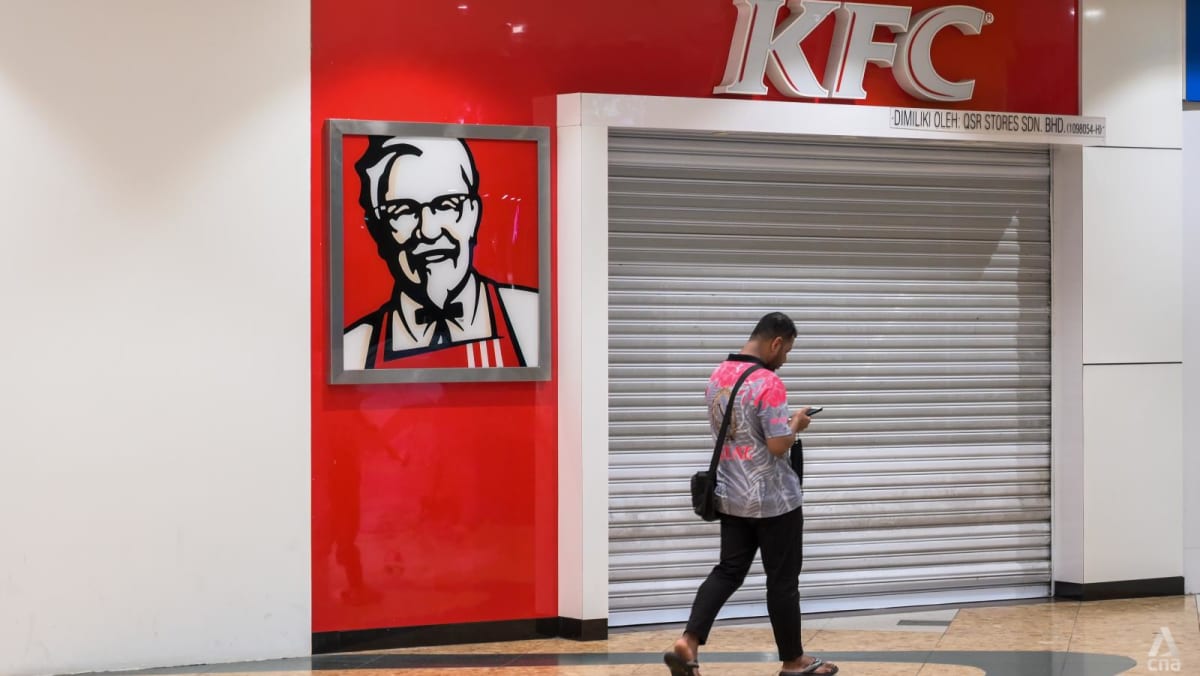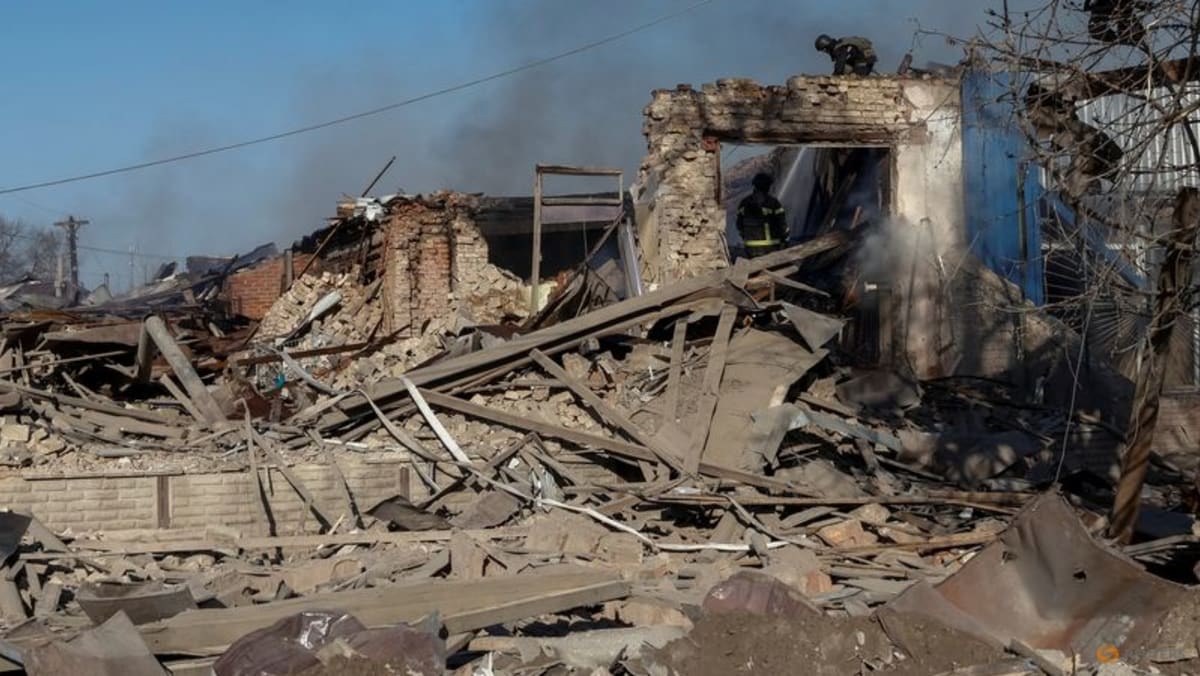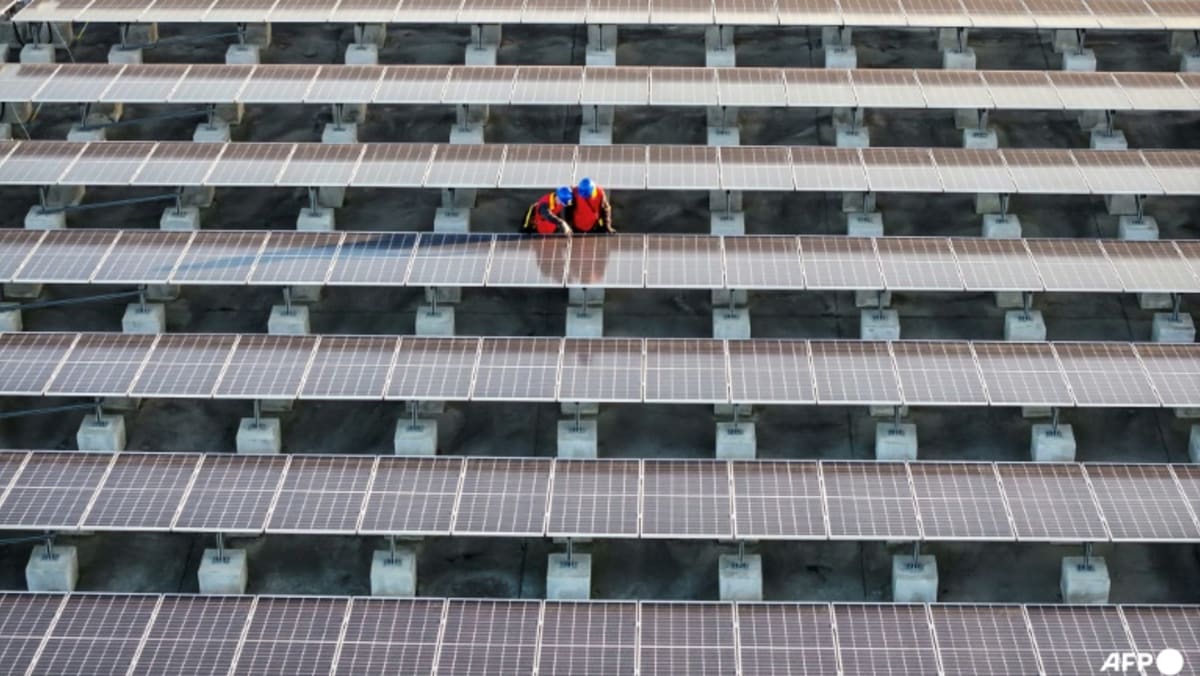KUALA LUMPUR: Over 100 outlets of fast-food company Kentucky Fried Chicken (KFC) in Malaysia have been “temporarily closed” amid a months-long economic boycott linked to the conflict in Gaza.
Chinese-daily Nanyang Siau reported that 108 outlets of the American chain had ceased operations. Kelantan state was the worst-hit, with nearly 80 per cent of their stores, or up to 21 outlets, affected.
According to the report, based on information from Google Maps, 15 stores in Johor were also temporarily shut, as well as 11 stores each in Selangor and Kedah, 10 stores in Terengganu, 10 stores in Pahang, 9 stores in Perak, 6 stores in Negeri Sembilan, 2 stores in Perlis, 2 stores in Malacca, 5 stores in Penang, 3 stores in Kuala Lumpur, two in Sarawak and one in Sabah.
QSR Brands – which owns and operates KFC across Malaysia, Singapore, Brunei, and Cambodia – said that in response to challenging economic conditions, it had taken proactive measures to temporarily close outlets as means to manage increasing business costs and focus on high engagement trade zones.
In a statement on Apr 29, they said that employees from affected outlets were offered the opportunity to relocate to busier operating stores as part of the company’s re-optimisation efforts.
“As a company that has been serving Malaysians for over 50 years, the focus remains on providing quality products and services to customers, while contributing positively to the Malaysian economy through job security for 18,000 team members in Malaysia, of which, approximately 85 per cent are Muslims,” they said.
They however did not disclose the number of outlets or number of workers that were affected.
According to the QSR website, there are over 600 KFC outlets in Malaysia, with the first outlet opening in Kuala Lumpur back in 1973.
Checks by CNA on three outlets within a 5km radius in Shah Alam, Selangor, found two outlets with “closed” signs while the other outlet was open but empty.
Sunway University economics professor Yeah Kim Leng said that the country was now seeing greater adverse impacts of the boycotts, which started in October, saying that they impacted employment as well as the supply chains of these restaurants.
“Of course it is the right of consumers, but we have to be mindful that these boycotts have greater negative effects on the economy rather than the intended purpose,” he told CNA.














